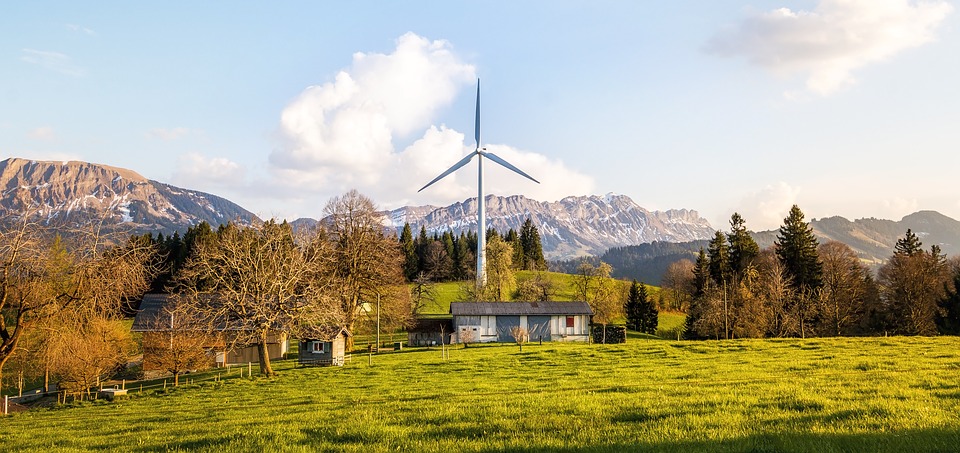
There is a constant debate surrounding energy involving its prices, usage and health benefits. As the ongoing discussion continues, activists push green energy usage to the fore in desperate attempts to raise awareness. Whether it’s a news piece, a protest rally or a petition, many are realising that the resources are out there – people just need to know about them.
Of course, it’s not all about saving the planet from the brink of irreversible devastation. Many acknowledge that selfish reasons can play a part too, causing more people to act and switch plans and providers. Ultimately, whether it’s environmental crises or a financial woe, green energy is experiencing a second wind in its popularity and efficiency.
The Cost Rise/Plummet
While energy can seem humanitarian and charitable, like many other things, it’s a business first and foremost. There are owners, providers, customers and everything in between. Put simply, people won’t put up with a shoddy deal when utility bills begin to tally up higher; something data from Tilney captures as happening today.
Every year, energy prices hike for consumers, with no sign of this relenting anything soon. With stocks of these fossil fuels slowly diminishing, there are set to be lasting impacts on supply which will then have the knock-on effect of higher prices, which will in turn hit the pockets of the consumer the most.
Aversely, other analytics chart a business boom in renewable energy usage. As prices rise in fossil fuels, costs plummet for going green, inciting many to make the switch if only to make their budget margins wider. Remember, there is next to no supply and demand for what is renewable, and yet the trajectory of fossil fuel prices will skyrocket when those resources become depleted and thus more exclusive. Consequently, many are saving their wallets.
With more and more pioneering scientific breakthroughs with energy and if governments can still commit to funding this research, perhaps we’ll see renewable energy become more appealing and apparent in everyday life. Heavy investment will be required in order to accommodate for the infrastructure of this, it will therefore be a question of whether it’ll be worth it for the powers that be to deem it prudent.
A Long-Term Investment
Despite a recorded decrease in costs, many are persistently put off by the immediate expense that renewable energy demands. They see the number of zeroes and the shutters come down instantly, neglecting their overarching budget entirely in this process. Ultimately, what is perceived as money saved is money wasted.
Nevertheless, the one-time transaction in equipping a property with solar panels can consequently axe long term utility bills, putting only a temporary dent in finances that will straighten out overtime. Additionally, all green energy not consumed can even be sold on for one’s own pocket. It’s a clean deal for the long-term future, saving and even making money.
With the fact that renewable energy is unlimited it would seem that a more whole scale shift towards using it would ultimately mean that energy prices would fall, so it could be a worthwhile investment for both firms and consumers. Cars can be seen as a good example, in the UK, hybrid cars are not subject to road tax and will not have the same fuel expenses as normal cars. If something like this can be applied for energy for homes, then we could see lasting positive impacts not only on bank balances but also the environment.
Robust Healthcare
Depending on where people live, repeated hospital visits can be costly, whether to yourself or healthcare programs. Whether it’s sickness in the brain, lungs or a natural disaster, pollution is a global cause of ailing health that affects more than just a domestic budget.
Some things are a whole lot bigger than money, and health is one of them. Experts estimate that 40,000 UK citizens meet an early demise as a direct result of pollutants, which obviously strain services such as the NHS in facilities and demand. In poisoning the environment, the populace is intoxicated too. However, by minimising harmful emissions, a healthier way of living for both people and nature will be inspired.


Leave a Comment